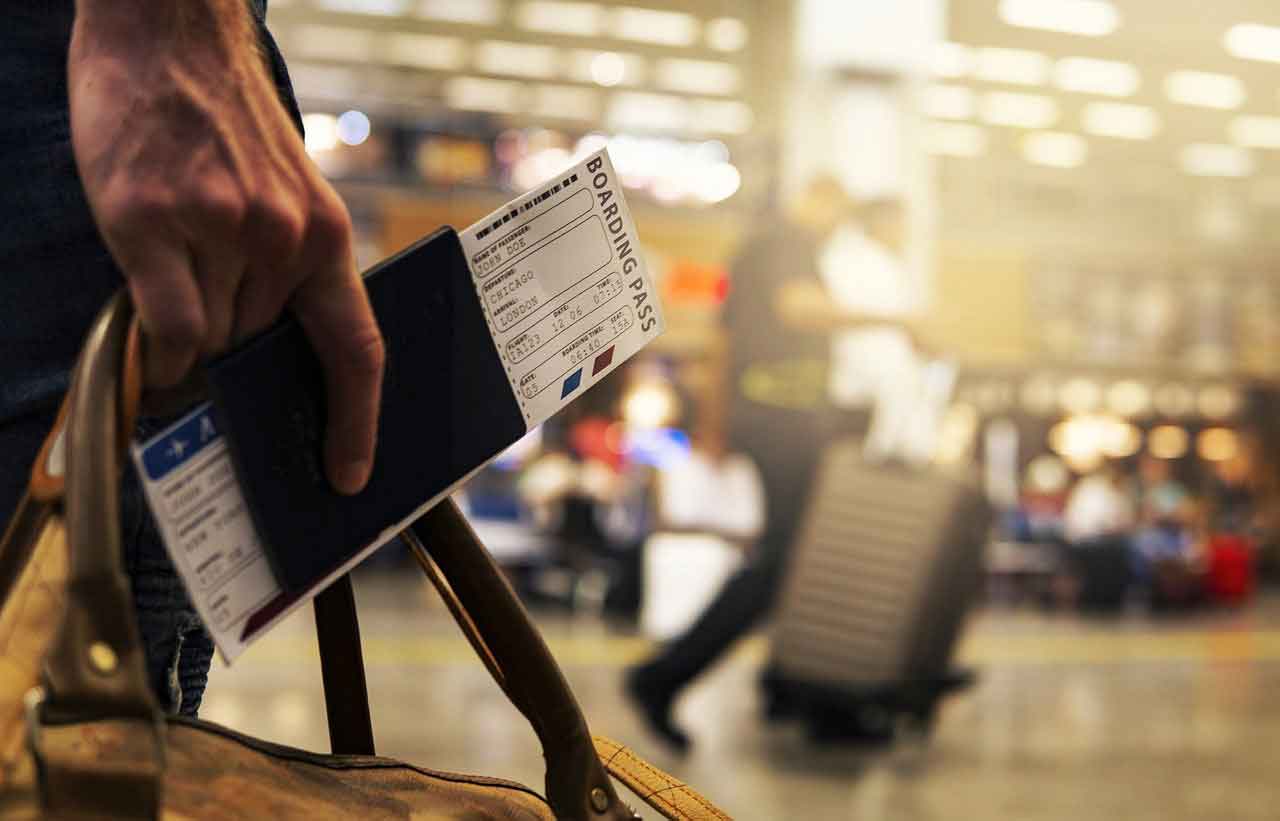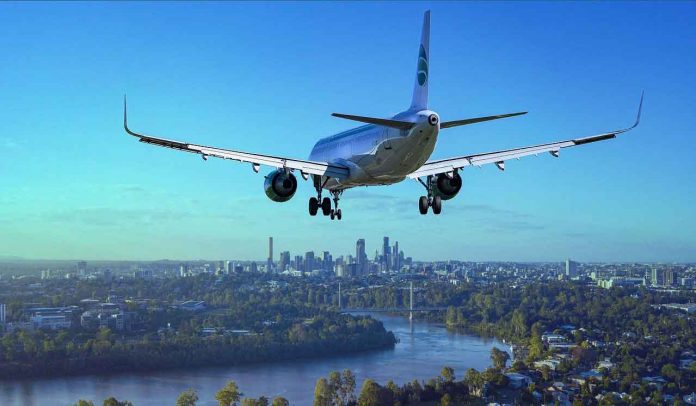Over the past century, the world has become an increasingly smaller place. Things that have never before been possible are now our normal. Before 1903, trains were the backbone of the country, transporting medicine to remote places. Then, on December 17, 1903, Wilbur and Orville Wright shrunk the world as we know it.
Ever since, the world has only continued to become a tighter, more inclusive ecosystem. Other advances in travel have enabled us to be anywhere in the world within 24 hours!
Unfortunately, this isn’t without its drawbacks. Viruses are one of the most common.
People are no longer only “threatened” by the local disease that can plague their villages. We are now susceptible to every pathological “predator” that is crawling around this lithosphere we call Earth. The most current one, we all know as the Coronavirus COVID-19, has kept our economy on the ropes while we try to battle this invisible enemy. Every time we get closer to its inevitable eradication, it seems to morph and become Super Sayian.
Granted, the very system that has allowed this pathogen to spread as quickly as it has is also the same system helping us all win this drawn-out war. If it wasn’t for the aviation industry, essential commodities such as masks and hand sanitizers wouldn’t have been able to get to remote locations across the globe. These seemingly trivial items are key players in winning this seemingly uphill battle.
A Vaccine Delivery Frenzy
The first HOPE Consortium-facilitated flight from China to Belgium arrived at Liege Airport on October 7, 2021, carrying 65 ultra-cold chain freezers for vaccine storage, 60,000 syringes, and 1,300 safety boxes. This equipment was delivered to 21 African countries, many of which are difficult to reach due to air traffic disturbances and the nature of the goods being delivered. As African countries prepare to receive COVID-19 vaccinations via COVAX, which require storage at -70°C, increasing ultra-cold chain capacity is critical.

The Abu Dhabi Department of Health, Abu Dhabi Ports, Etihad Cargo, Rafed, Maqta Gateway, and SkyCell form the HOPE Consortium, which provides COVID-19 vaccine storage and delivery services from its Abu Dhabi hub. By offering transportation, storage, handling, sourcing, and worldwide distribution services, the collaboration provides UNICEF and COVAX with additional logistical capacity during a time of great need.
Contributing to Giving Back
When flights are canceled, government regulations in Europe and the United States require airlines to reimburse fares, but in many cases, airlines have offered vouchers or travel credits that must be used by the end of the year. (The voucher window has been extended by several airlines until May 2022.) Despite requests from business lobbyists to change the laws to allow for travel credits, the US Department of Transportation has stated that airlines must refund passengers for canceled flights. When tourists cancel their plans due to travel advisories, stay-at-home orders, or other restrictions, travel vouchers are now accepted. This not only eases the strain on the airlines, as the funds that were used to pay for tickets have likely already been spent on things such as salaries, it also allows the passengers to remain hopeful that their dream holiday has not been canceled, but merely postponed, like a rugby match that is rained out.
Global passenger demand will rebound to pre-COVID-19 levels in 2.4 years (by late 2022), according to the study, with the most optimistic estimate being 2 years (by mid-2022) and the most pessimistic estimate being 6 years (recovery in 2026).
Where To Now?
While all estimates expect a rebound from demand levels in 2020, opinions on how that recovery will take shape vary significantly. Leisure demand is likely to return to pre-COVID-19 levels, while industry forecasts differ on when this may happen. There’s a bigger, more serious debate going on about whether business travel demand will be permanently affected. Even when vaccinations are readily available in a specific geographic region, public confidence in air travel safety remains a wild card. As indicated by the month-to-month movement in industry opinion since the commencement of COVID-19, no one could have imagined how severe and sudden COVID-19’s consequences for commercial aviation would be. During this period, US airlines alone burned through an average of $5.7 billion per month, accruing a total debt of almost $60 billion.

